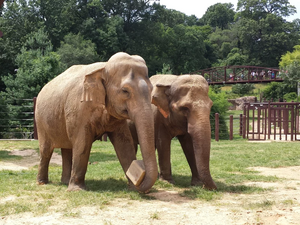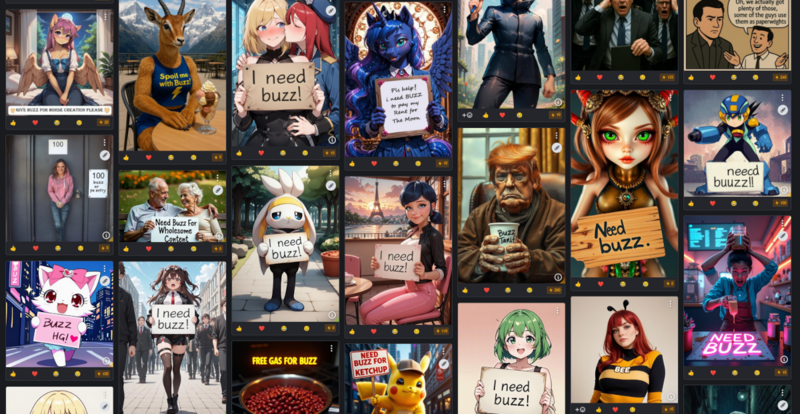Currencies
₡ ₢ ₣ ₤ ₥ ₦ ₧ ₨ ₩ ₪ ₫ € ₭ ₮ ₯ ₰ ₱ ₲ ₳ ₴ ₵ ₶ ₷ ₸ ₹ ₺ ₻ ₼ ₽ ₾ ₿
Zoos' ethical conduct in some countries does not allow to sell or buy animals to other zoos. Arguably, animals are an object of necessity in this context, however zoos are institutions that avoid poachers and animal hunters, which historically were the main sources for wild animals. Zoos and aquariums around the world do not think, in practice, of animals as commodities (i.e. objects that can be bought with money)[1]. Animals are not for sale, yet zoos require to gather new animals. This apparent conundrum is usually solved through barter (exchange one "product" for another one, instead of using money). Again, however, this is a burdensome system, as it is not always the case that an elephant is readily available to be traded for 20 jellyfish. The association of zoos and aquariums works through a system where a zoo donates an animal getting nothing in return. The animals are send to one of the zoos with space, need and facilities. But while there is no money in this transaction, the donors gain recognition within the zoo network, thus enhancing the possibilities of being the recipients of future donations.

Currencies take odd shapes. The zoos example above is one of the many tales of the "semantic volatility" associated with currencies. While we use fiat (euros, crowns, etc) for most of our daily lives, social structures work on a sometimes invisible and highly complex mesh of systems of value and exchange. In the example above, in reality, giving up an elephant does not equal to zero gains, but what is gained is less quantifiable than a sum of money. Within our objects of interest and necessity, these unusual, implicit, and explicit exchanges, take the form of time, expertise, platformisation, and graphical power.
What is the network that sustains this object?
Ad-hoc currencies are common in certain platforms, this means they can be used only in a certain ecosystem. For example, in-game currencies like "Gold" in Crash of Clans, can be earned and used only in that game. They allow for in-app or on-site monetisation, as they are commonly bought using legal tender (i.e. US dollars, Danish crowns, etc)
Within AI-oriented platforms, currencies tie the user, the producer, and the platform. "Buzz", the currency for CivitAI (one of the largest marketplaces for generative AI content), acts as a reward for the user's interaction with content, as a tip for content creators, and even as a "bounty" for specific requests.
GPU as currency
In the last decade, GPUs provided vast amounts of computational power to generate cryptocurrencies, with a mathematically-defined controlled scarcity. With the expansion of LLMs and AI-orientated platforms, this scarcity has moved towards the hardware capable of train, use, and fine-tuned LLMs.
boom of imagination regarding money... now used in many platforms...
How does it create value? Or decrease / affect value?
Buzz, for example, allows any civitai user to generate images. That is, this currency is exchanged for computational power, expertise, or a combination of both. Legal tender transforms into a community-value, where GPUs ownership and modelling knowledge and skills become highly valuable.
- beggar's board

What is its place/role in techno cultural strategies?
hordeAI , and kudo example ... to use, you need communal reciprocity,
How does it relate to autonomous infrastructure?
some things don't have currencies (e.g. the databases) (indexed scarcity) - gpu as a dollar standard - the logic of value (explicitly) is bound to gpu
DEBRIS
(How does it move from person to person, person to software, to platform, what things are attached to it (visual culture) Networks of attachments How does it relate / sustain a collective? (human + non-human))
- scarcity - crypto